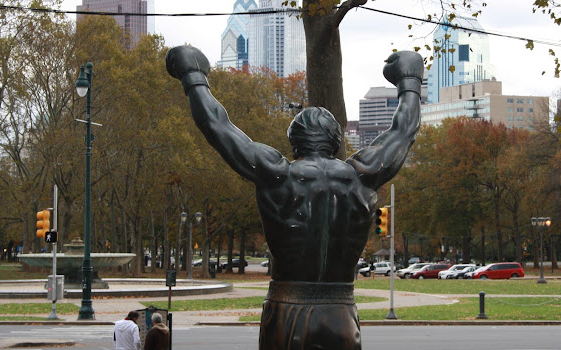City of Brotherly Love: The Ancient Roots of Philadelphia's Famous Name
The name "Philadelphia" is famously synonymous with its Greek meaning, "brotherly love," a concept deeply woven into the city's identity. While many know that its founder, William Penn, was a Quaker who envisioned a haven of peace, the story behind the name is a fascinating journey that connects a new American city to an ancient one in Asia Minor and a powerful message in the Book of Revelation.
William Penn's "Holy Experiment"
In 1682, the English aristocrat and devout Quaker, William Penn, laid out the plans for a new kind of city. Having experienced religious persecution firsthand, Penn envisioned his colony of Pennsylvania as a "Holy Experiment"—a place of peace and unwavering faith where people from all religious backgrounds could live together without fear. This vision of a peaceful, tolerant society was the guiding principle behind the founding of his capital city.
The Ancient City of Philadelphia
To find a name worthy of his vision, Penn looked to the past. The name he chose, "Philadelphia," was a direct tribute to an ancient Greek city located in Asia Minor (modern-day Turkey). This ancient Philadelphia was one of the seven churches of Asia addressed in a letter from Jesus in the Book of Revelation.
In that biblical letter, the church in Philadelphia is praised for its steadfast faith and perseverance. This powerful image of a faithful and peaceful community resonated deeply with Penn and his Quaker ideals.
The Original "Brotherly Love"
The ancient city itself had a name rooted in a powerful story of loyalty. It was founded in the 2nd century BC by King Attalus II of Pergamum. Attalus was so renowned for his deep loyalty and devotion to his elder brother, King Eumenes II, that he earned the nickname "Philadelphos," which in Greek literally means "one who loves his brother." He founded the new city and named it Philadelphia in honor of this profound fraternal bond.
A Legacy in a Name
By choosing this name, William Penn was not just giving his new city a beautiful title; he was embedding it with centuries of meaning. The name "Philadelphia" carried with it a dual legacy: the classical ideal of brotherly loyalty and the Christian ideal of a faithful, enduring community. This powerful combination gave rise to the city's enduring and beloved nickname: The City of Brotherly Love.
While the city's history, like that of any major American metropolis, has seen its share of conflict and tension, the aspirational meaning behind its name remains a central and defining part of its identity.
Sources:
- Encyclopedia of Greater Philadelphia
- The Historical Society of Pennsylvania
- Biblical and classical history sources on the ancient city of Philadelphia
- Biographies of William Penn
- The Pennsbury Manor Official Website
